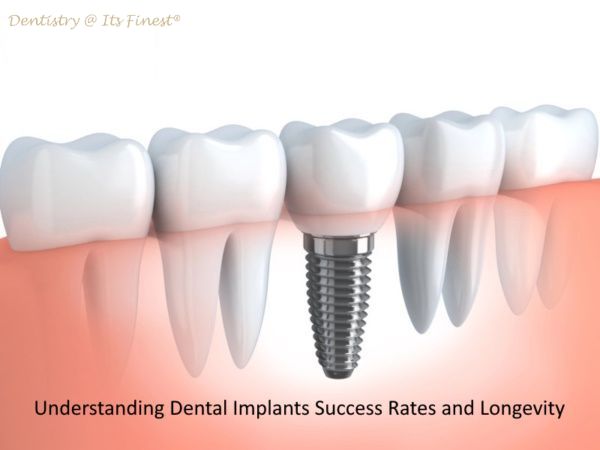Dental implants are chosen by many for their high success rates and longevity. This guide explores what contributes to implant success, research on their lifespan, and reasons why dental implants are a dependable option for restoring smiles.
What is the Success Rate of Dental Implants
The success rate of dental implants are 95% according to clinical studies and research. The factors that improve the success rates of dental implants are osseointegration, surgical technique, patient health and implant materials and design.
What is the Longevity of Dental Implants?
The longevity of dental implants is proven by its decades of function, low risk of failure, natural functionality, and technological advancements. The longevity of dental implants are listedd below.
Why Choose Dental Implants for Long-Term Tooth Replacement?
Choosing dental implants for long-term tooth replacement results in high success rates, lifelong durability, enhanced chewing functionality, preserved facial structure, improved speech quality, no damage to surrounding teeth and gums, easy maintenance, clinically proven results, and better quality of life.
How do I Maximize Implant Longevity
You can maximize implant longetivity by maintaining oral hygiene, getting regular dental check-ups, avoiding and limiting alcohol, preventing teeth grinding, and following post-operative instructions. The tips in maximizing implant longetivity are listed below.
Dental implants offer a reliable long-term solution for missing teeth. Supported by extensive research, technological advancements, and expert dental care, implants provide stability, functionality, and aesthetic appeal. Understanding the factors behind successful implantation and maintaining good oral care can help you enjoy the benefits of dental implants for many years, allowing you to smile confidently.
Experience top-tier dental care at Dentistry At Its Finest with Dr. Michael Ayzin. From routine check-ups to advanced treatments like dental implants and cosmetic dentistry, we’re here to enhance your smile. Schedule your appointment today and take the first step toward optimal oral health!

